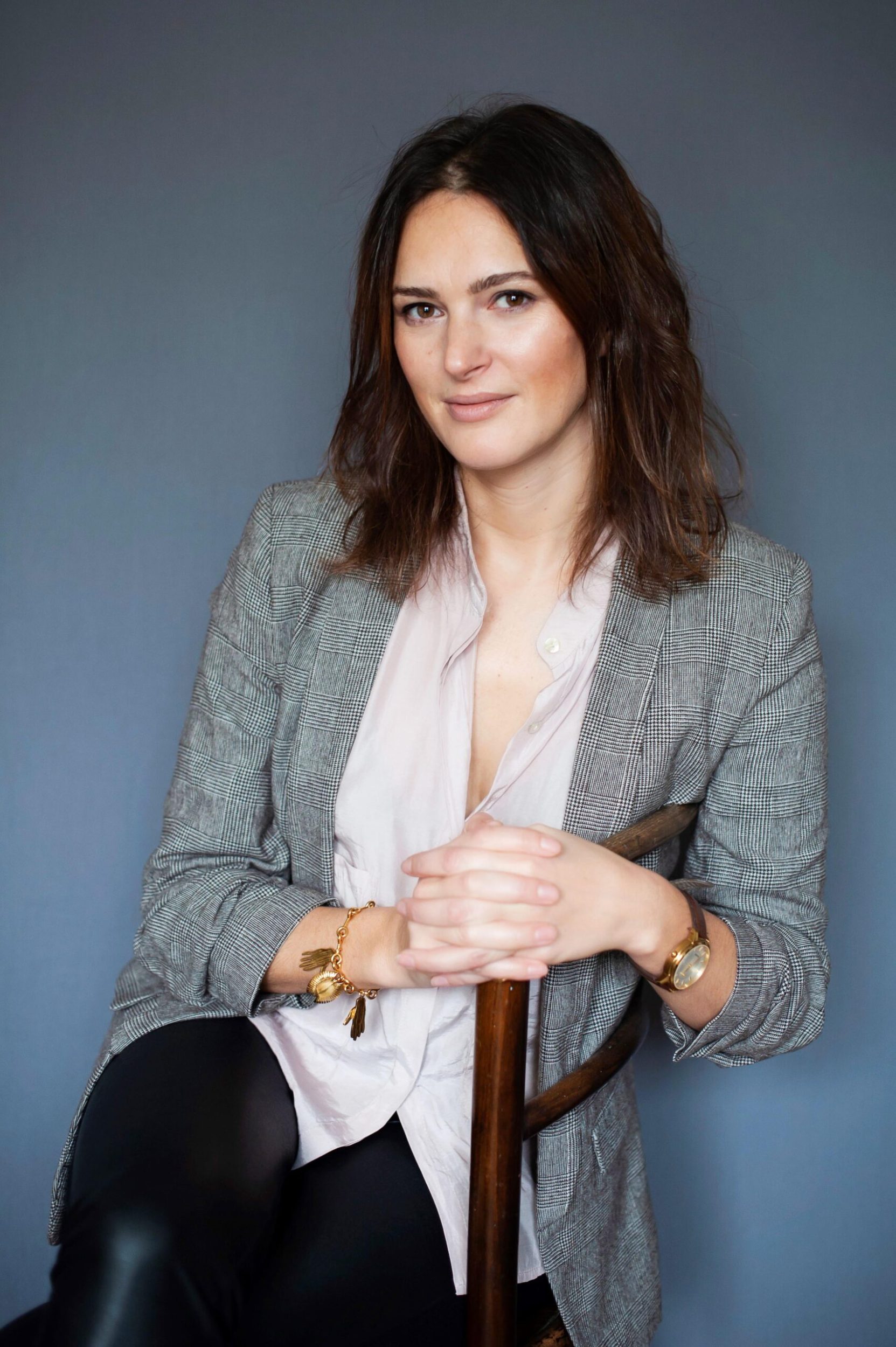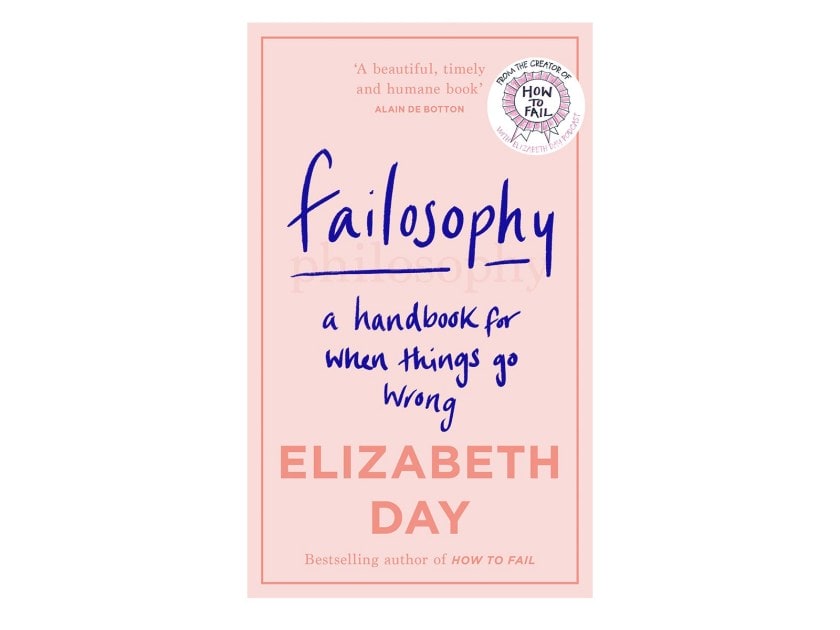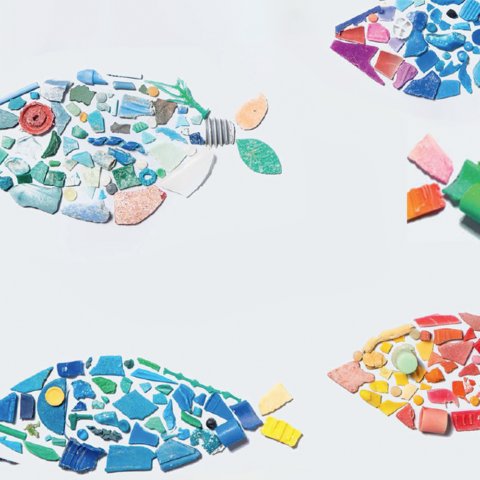Author, journalist and popular podcast host Elizabeth Day is an expert when it comes to embracing failure. She shares seven principles to help you reframe mistakes.
1. Failure just is
It is a fact. It exists. And it happens to all of us. It gives us the opportunity to learn, if we choose to let it.
2. You are not your worst thoughts
Imagine switching off all your thoughts, one by one – would you still exist? Yes. In the past, I set great store by external markers of success – good exam results and job promotions – to prove myself worthy of love and approval. Yet it never seemed to work. Gradually I learnt that the voice in my head is not who I am and to ignore the demands and expectations of the outside world.
3. Almost everyone feels they have failed in their twenties
There is one recurring theme on the podcast: the majority of guests feel they failed at their twenties. Lily Allen struggled in the blinding glare of the limelight and had three children in quick succession, the first of whom was stillborn – a trauma that haunts her still. Phoebe Waller-Bridge went on a lot of bad dates. But here’s the thing: all those people who felt like failures in their twenties survived to tell the tale.
4. Break-ups are not a tragedy
They are horrible. I’ve had six serious ones, including a divorce, and each has well and truly sucked. But every single time, I’ve survived. And every time, I’ve ended up looking back and being grateful for the break-up I’d once wished out of existence.
5. Failure is data acquisition
When I started the podcast, there was a gender split in how we viewed failure. All the women said they’d failed so many times, while almost all the men said they weren’t entirely convinced they had failed. They saw failure as a perfectly overcomable obstacle on the path to success. So what if we all started to view failure not as something that sinks us, but as something that will help us take our next step?
6. There is no such thing as a future you
I used to be someone with a five-year plan. There was only one problem: it never worked. It made me feel like a failure for not living up to my own expectations. What if, instead of planning for a future version of yourself that doesn’t exist, you pay attention to the present you; the one who does?
7. Being open about vulnerabilities is the source of true strength
The most valuable thing I’ve learnt about failure is that when we are honest about our own vulnerability, we forge the greatest sense of connection with others – and the greatest strength in ourselves.










